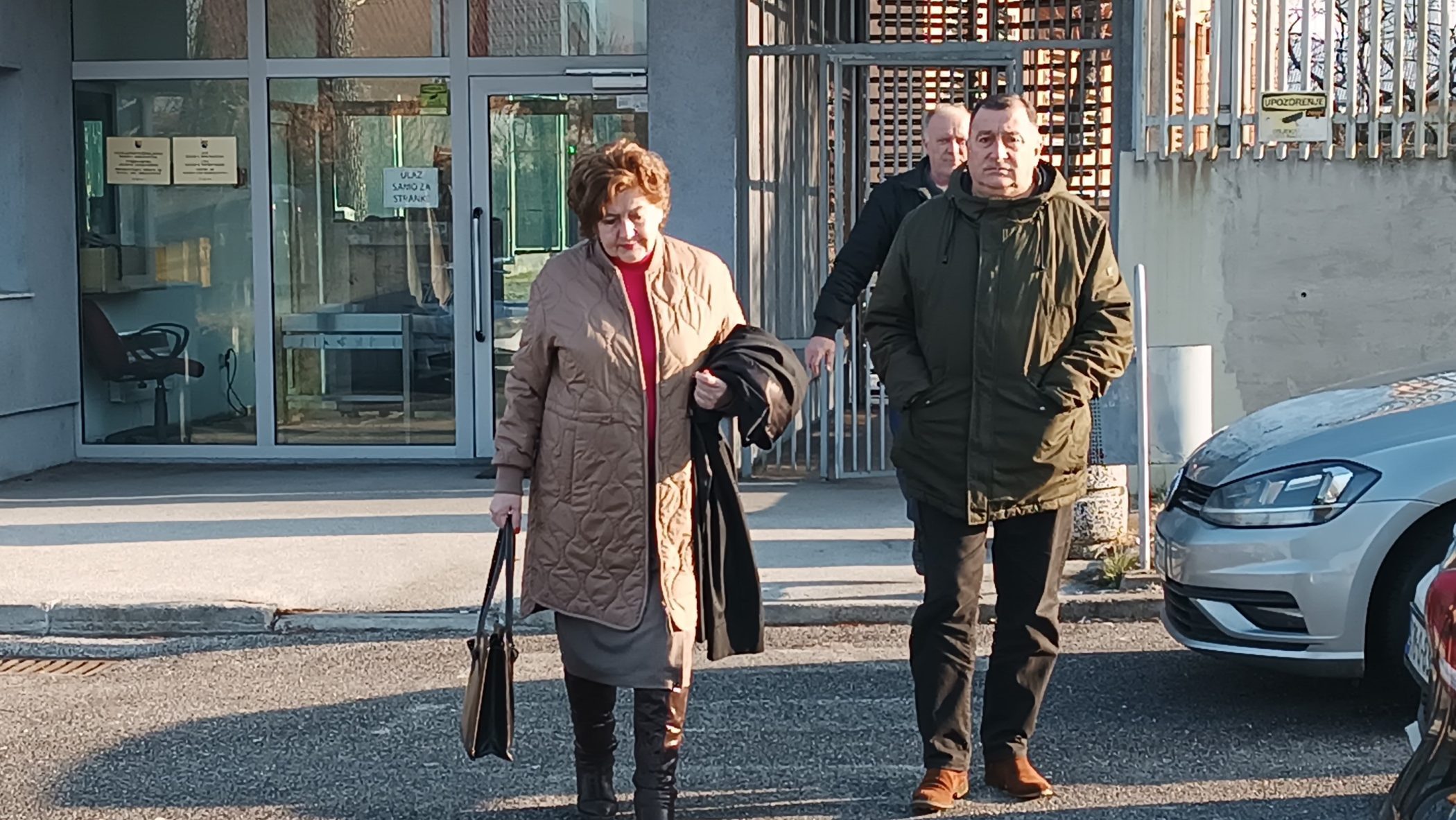This post is also available in: Bosnian
“I do not see the purpose of this trial and my participation in it. It no longer makes sense now that you have submitted the document to me on February 10.
This is a new indictment and not an explanation of custody extension,” Gojko Klickovic said.
Defence attorneys Dusan Tomic and Hamdija Veladzic said they had found out about the first indictee’s motion today.
The Trial Chamber said it would consider Klickovic’s motion and render a decision at a later stage.
“This trial has to go on, with or without you. The ex-officio attorneys must appear at the hearing scheduled for February 17,” Trial Chamber Chairman Zoran Bozic said.
Klickovic filed the motion requesting the dismissal of the ex-officio attorneys after the Court reached a decision on February 10, 2010 extending his custody for two more months. Klickovic has been in custody since June 20, 2007. Mladen Drljaca and Jovan Ostojic are defending themselves while at liberty. Certain prohibiting measures have been ordered against them.
Klickovic, Drljaca and Ostojic are charged with a number of crimes committed in the Bosanska Krupa area during 1992. The Prosecution of Bosnia and Herzegovina charges the three indictees with participation in a joint criminal enterprise, JCE, which began in the summer of 1991 with the aim of creating a separate state of Bosnian Serbs.
The indictment alleges that Klickovic and Drljaca participated, in collaboration with Dmitar Ciganovic and others, in a second JCE with the aim of establishing a Serb municipality of Bosanska Krupa in which they would “exercise control over all areas of governance and administration”.
Dmitar Ciganovic, former Assistant Commander for Support Activities of the 11th Light Infantry Brigade, testified, at this hearing, for the Defence of Klickovic and Drljaca. During his testimony he said that civilians and prisoners-of-war were not physically abused before the Temporary Court Martial in Jasenica.
“I think that Mile ‘Bijeli’ Strbac made the proposal for establishment of the Court because there were many cases of disorder and robbery at the time and there were people who failed to appear on the frontlines. (…) The Court Martial did not sentence anybody. It did not make any decisions or detain people… As far as the people who used to come to the Court are concerned, nobody pressured or accused them in any way. They just provided the Court with some generic data,” Ciganovic said.
This witness said he was a judge at the Temporary Court Martial, as were Rajko Klickovic, the first indictee’s brother, and Mirko Orelj. He said indictee Drljaca was the Court President.
Orelj is cited in the Prosecution’s indictment. The indictment alleges that he participated in the JCE whose aim was to establish a Serb municipality of Bosanska Krupa. It further alleges that Drljaca was the presiding judge at the Temporary Court Martial, who examined non-Serb prisoners.
The Prosecution alleges that the Court randomly sentenced and detained people. It is alleged that, on the basis of a Court’s decision, 35 prisoners were handed over to the military police and transferred to the “Petar Kocic” school building on May 1, 1992 or some other day in that period of time.
Ciganovic said that the civilian and military structures in Krupa conflicted with each other, adding that he heard that the “Beli orlovi” (“White Eagles”) and “Suva rebra” (“Smoked Ribs”) paramilitary formations caused “a scandal” in the school building in Jasenica. He said that they were then expelled from the area.
Prosecution witnesses spoke about the arrival of the paramilitary groups in the school building in Jasenica and the physical abuse of detained Bosniaks. The indictment alleges that groups of armed soldiers, dressed in camouflage uniforms, used to come to the school building during April 1992, when they “beat up” some prisoners “and caused bodily injuries.”
The trial is due to continue on February 17.




